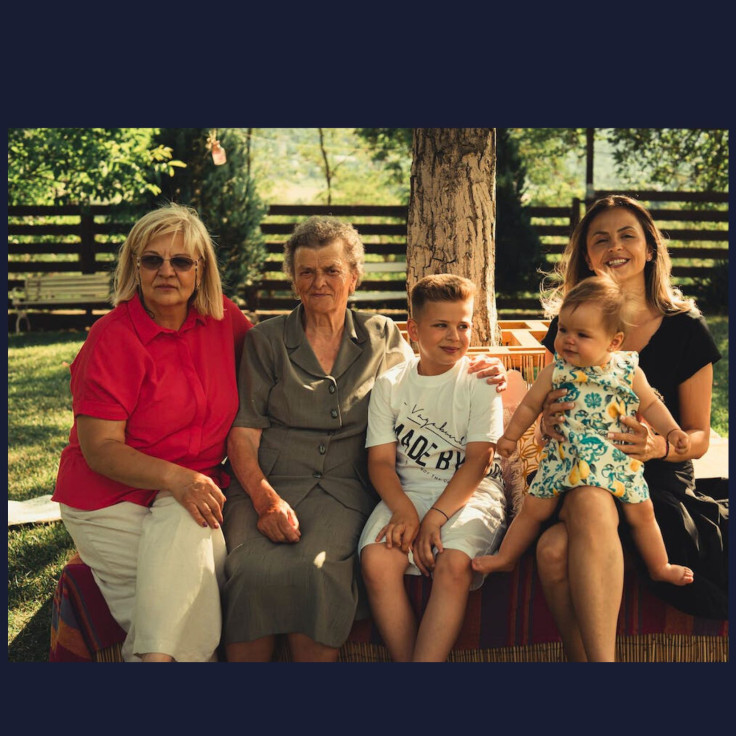
Her name is Carmen, and she arrived in the United States in the 1970s. She embraced the challenge despite her fears. To this day, she cannot explain how she landed her first job in a Manhattan factory. She settled in a Latino neighborhood in New York. She and her husband worked tirelessly to achieve the American dream, while also sending money to their impoverished relatives in Colombia. They did their best, adapting to a country whose language, culture, and territory were unfamiliar to them.
Today, Carmen lives with her children and grandchildren who were born here. She is a first-generation immigrant, representing an important demographic for politicians seeking Hispanic votes. Marketing experts also scrutinize them, eager to understand their interests and buying preferences.
These immigrants settled in a foreign land, seeking better opportunities and striving to assimilate into a new culture while learning an unfamiliar language. Like Nino Bravo's song "I Will Leave My Land for You" suggests, they have lived with nostalgia and dreams, as well as mistakes and blunders, year after year. Each immigrant has a unique story. Many have paved the way for other family members, contributing to the growth of their second home, the United States.
They have raised children amidst the tension between their Latin American roots and American culture, between two paradigms. These children are born with the feeling of not belonging entirely to one place, as Cabral's "I'm not from here and I'm not from there" expresses. Despite numerous obstacles along the way, open dialogue remains a valuable option for reviewing past experiences, assessing the present, and envisioning the future.
These first-generation Latinos are your grandparents, parents, aunts, and uncles, and encountering them may present communication, coexistence, and continuity challenges within the family. How can we understand and connect with them? Three points to consider are suggested here:
First, approaching them with gratitude is essential. Expressing gratitude for everything they have done,regardless of its significance to each person,to facilitate the process of living in the United States is important.
Recognition and admiration can serve as another foundation for intergenerational dialogue. Highlighting their hard work, dedication to family, and other commendable traits in everyday conversations can foster connection.
Lastly, approaching them with humility enables us to learn from their experiences, values, and principles that motivated their decision to become immigrants and build their families on American soil. Understanding the history of those who came before us is crucial for personal growth.
First-generation Latinos form the foundation of the Latino community, making it important to encourage dialogue and connections, strengthen relationships, and continue weaving this beautiful tapestry. We must learn from our grandparents and parents, listen to their stories, and understand their history as an integral part of our own.
© 2025 Latin Times. All rights reserved. Do not reproduce without permission.




